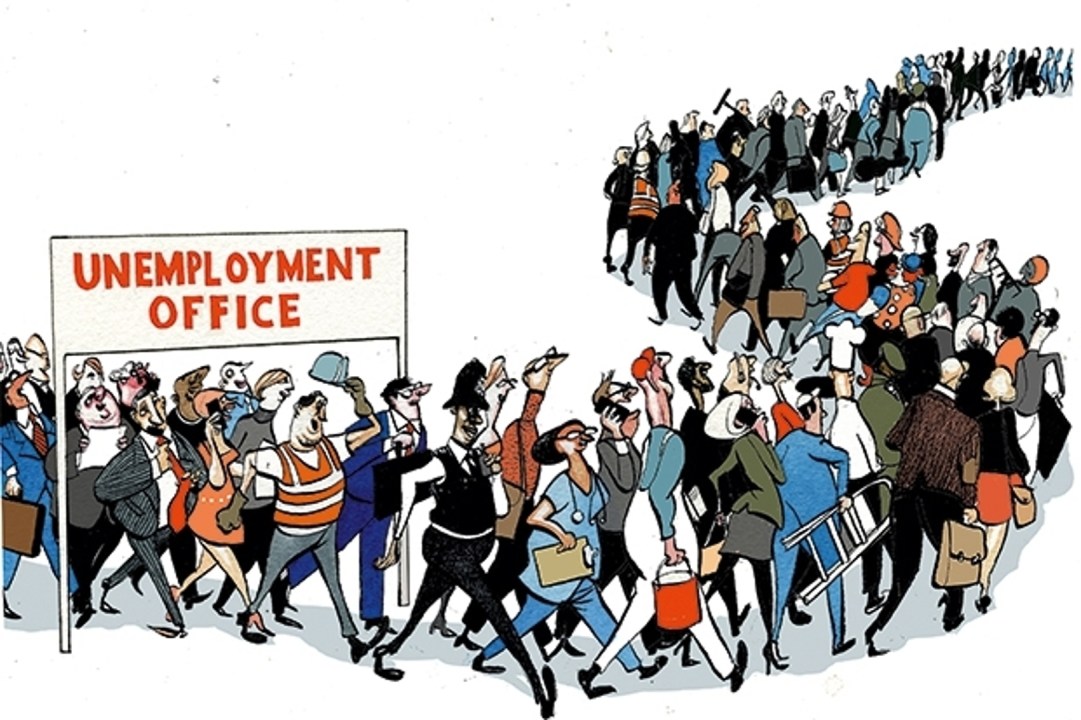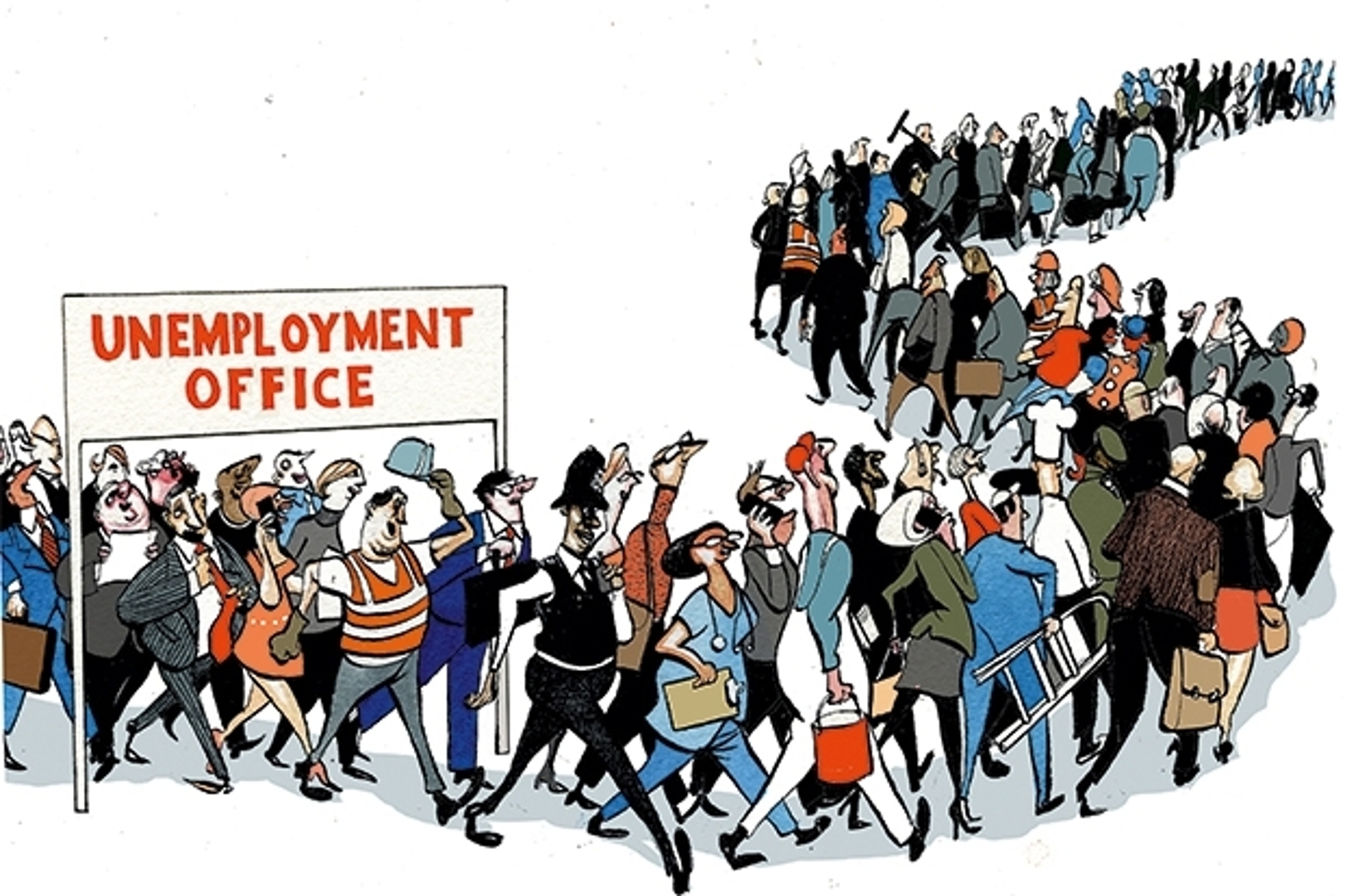Alongside the UK’s latest step in reopening, optimistic forecasts have been rolling in concerning the economy’s timeline for returning to pre-pandemic levels. This morning, we got another positive indication that businesses are resuming normal operations. The latest update on furlough figures shows 1.9 million workers are still on the scheme as of the end of June — the lowest level of people having their wages paid by the state since furlough was first introduced during last year’s spring lockdown.
The number of people on the scheme fell by half a million last month, and by roughly three million since March. The continued fall is hardly surprising, as each month since April more economic activity has been permitted. But it’s a good sign nonetheless, that employers feel increasingly confident to take their employees off the scheme and bring them back to work: part of the vaccine effect. The vaccine hasn’t simply helped to curb the virus from a public health perspective, but also bolstered hope that last winter’s lockdown will be the last.
A fast economic recovery is no guarantee, and with nearly two million people still furloughed, the unemployment rate may well tick up in the coming months as the scheme continues to taper from next week (with employers asked to pay 20 per cent of their employees’ wages) and then coming to a close at the end of September. But the numbers now, even with more people temporarily out of work, are looking to be far more manageable than what was once predicted (a peak of nearly 12 per cent unemployment from the Office for Budget Responsibility last year), and the circumstances, surprisingly, are conducive for finding new work.
But timing is everything. The end of the furlough scheme roughly lines up with several major moments in our Covid timeline: the return of schools and the introduction of vaccine passports. Chris Whitty and Johnathan Van Tam have already been hinting at the return of some restrictions this autumn, implying that the R-budget spent on operating schools normally might mean sacrifice somewhere else. (James Forsyth analyses the ongoing debate about vaccinating teenagers in this week’s magazine.) Meanwhile, if vaccine passports are brought in for a range of industries, the hit on profitability — UK Hospitality reckons their introduction could result in a 25 per cent decrease — will threaten not just the reabsorption of redundant workers, but the jobs of the currently employed as well.








Comments